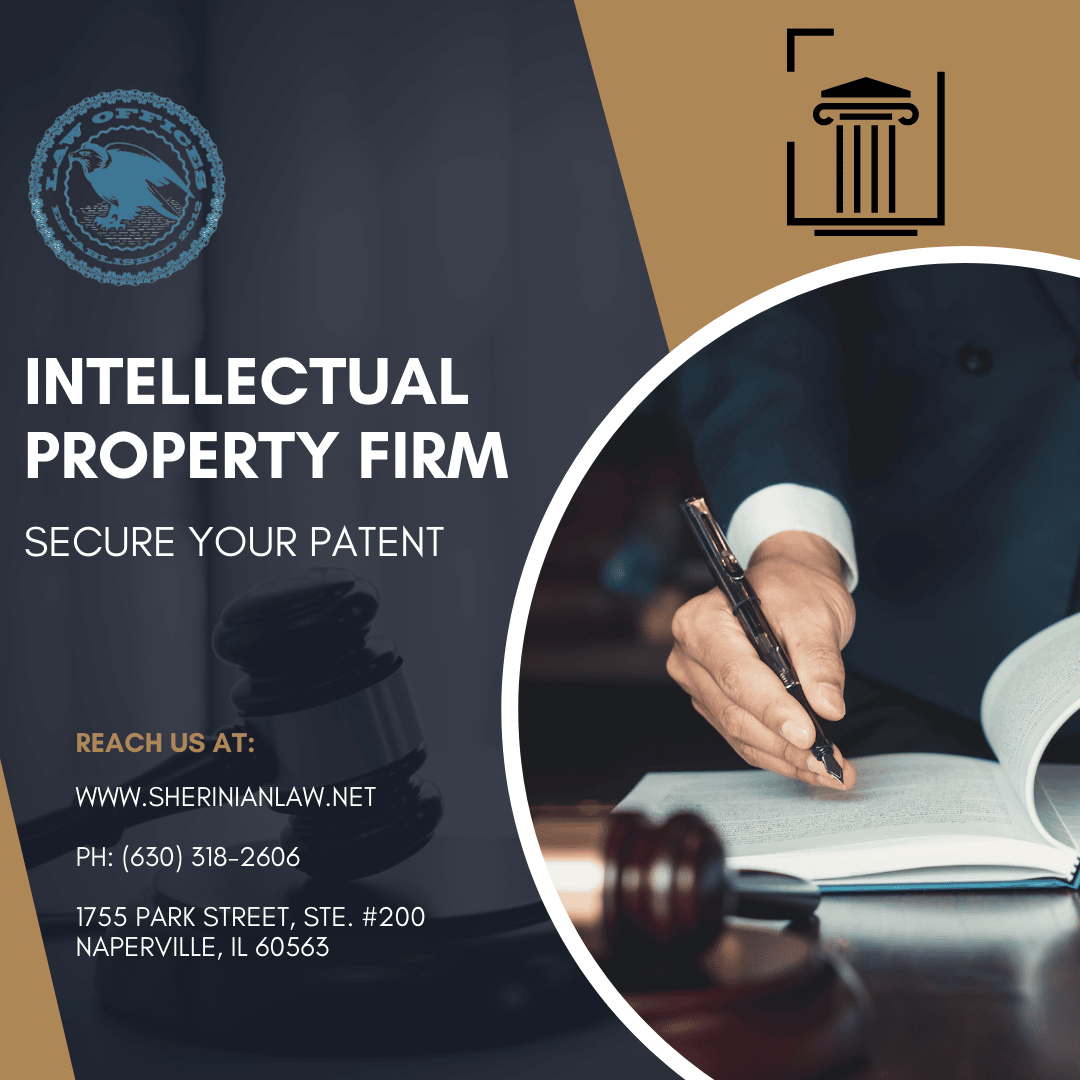The breach of an intellectual property right is known as intellectual property infringement. For instance, using a third party’s image, trademark, logo, design, etc. as your own can constitute copyright infringement, trademark infringement, or both. Using someone else’s intellectual property without getting consent from the owner of the intellectual property is considered intellectual property infringement.
Type of intellectual property protection
If you are unaware of the applicable protections, it may be challenging to prevent Intellectual Property infringement. The first step to avoiding improper use of material is to identify the different types of Intellectual Properties that the material might comprise.
Establishing the nature of intellectual property is the first step in preserving it. Is copyright, trademark, patent, or trade secret the best form of intellectual property protection for your material?
The main categories of Intellectual Property Protections include the following:
- Copyrights: Copyrights safeguard the ownership of “original works,” such as books, plays, music, videos, buildings, and computer software.
- Trademarks: Trademarks defend identifying words, phrases, sounds, colors and other symbols used to identify in the minds of consumers the products, services and other offerings of various commercial enterprises.
- Patents: Patents safeguard the ownership of inventions for a defined period. Utility patents, design patents, and plant patents are the different types of patents.
- Trade secrets: Trade secrets safeguard confidential information, such as formulas, software, and data. Trade secrets give one player a financial edge over other interests.
Intellectual Property Infringement and Patent Law Service: Ph: (312) 981-5004
You will be able to identify protected information more quickly if you are aware of these types of IP, how they differ, and the types of content they may apply to. Without the owner’s express consent, you should never use any material that might be protected by one of these categories.
Preventing the violation of intellectual property
Unfortunately, avoiding intellectual property infringement is not always simple. Entrepreneurs run the risk of transgressing others’ IP rights in several ways. Therefore, it’s critical to take this into account when making decisions about the usage of logos, catchphrases, and even specific product parts. Entrepreneurs may unintentionally violate another person’s intellectual property in a variety of ways.
Intellectual Property mistakes
Utilizing works that a business does not possess the rights to is among the most expensive Intellectual Property mistakes a business owner can make. Ownership of the produced work, graphics, text, code, websites, etc. does not instantly move to your firm when you employ a third party to produce anything for you. The rights to that work must be specifically granted to you by the creator in a written agreement.
Intellectual property breaches
For example, if a business owner does not have a product patented, this can lead to the copying of the product during the product development process. If patents are not entirely owned by the corporation, there is a possibility that anyone from the team can market the invention on their own after the product has been released and is no longer a trade secret. Businesses must care about more than just visuals and other content. Businesses might expose themselves to intellectual property breaches simply by hiring a new employee who uses protected knowledge from another company in their work.
Trade secret protections
Unless you have the owners’ express permission and the necessary permissions, protected material must remain unused, regardless of whether copyright, trademark, patent law, or trade secret protections are in effect. Anything less could get your company into trouble for IP infringement, which can have serious repercussions, including large legal bills from an intellectual property lawsuit.
Effects of intellectual property infringement
Businesses may have serious consequences, resulting in financial as well as reputational harm if intellectual property rights are not respected. Intellectual Property rights violations could even result in criminal charges and even in prison if they go unnoticed.
The possible repercussions of intellectual property violation can be severe. Depending on the type of violation, sanctions may include civil damages in the form of money damages and lost profits, an order to stop the infringement, the infringer paying the attorneys’ fees, and felony charges.
Willful and persistent IP infringement may lead to the demise of a company and the imprisonment of the offenders. Accidental infractions cost money and expose a company to legal action and reputational harm.
How to prevent infringements of intellectual property
It’s important to take the required precautions to ensure that your company isn’t improperly using protected information given the high costs associated with infringing IP rights.
It is advised for small companies to start by examining the database of the U.S. Patent and Trademark Office to make sure a name for a brand or product, a logo, or a design hasn’t previously been registered. Additionally, business owners should follow these precautions to prevent unintentionally breaching the intellectual property rights of another person or company.
Generally, it is difficult to conduct a patent search without the assistance of experts. However, the database at the U.S. Patent & Trademark Office can be searched as well.
Request the necessary licenses from copyright owners. If you do want to use registered material, it is crucial to secure the necessary permits and the owners’ unambiguous, written consent. You should never consider using protected content without a license and permission.
Register a Patent to Protect from IP Infringement
Patents benefit society because they encourage creativity and aid in the creation of new goods. They defend intellectual property as well. A patent grants the owner of the invention the exclusive right to sell the invention for a higher price for 20 years while also preventing anybody else from using, producing, or selling it.
Inventors, business owners, and organisations of all sizes worry that competitors will copy their ideas. Too frequently, when someone markets a brilliant idea, imitators quickly appear with their takes on the concept. Anyone with a new product should speak with an attorney to determine if they have a product that can be protected with a patent.
It’s advisable to speak with a lawyer just to be safe if you’re unsure whether you’re violating IP rights. Never take a chance with IP concerns; the risk is not worth it. Business owners should speak with an attorney with experience in this area if they are unsure if they are in violation of intellectual property regulations or are threatened with a lawsuit relating to intellectual property.
Intellectual property (IP) rights
When trying to manage a business, intellectual property (IP) rights are not always at the forefront of your mind. But regardless of whether the infringement was deliberate or not, failing to respect intellectual property rights can negatively impact the finances of your company. A breach of intellectual property could subject your company to legal action and come with a hefty price tag. To prevent unintentionally violating someone else’s rights, it is essential to understand Intellectual Property Infringement.
Regular advice and guidance from Attorneys who specialize in Intellectual Property and Patent laws should be utilized to develop a multifaceted strategy. Our Patent lawyers at The Law Offices of Konrad Sherinian create a holistic approach to your goals and advice. Our patent lawyer will comprehend design complexities and technical considerations involved with patents.


